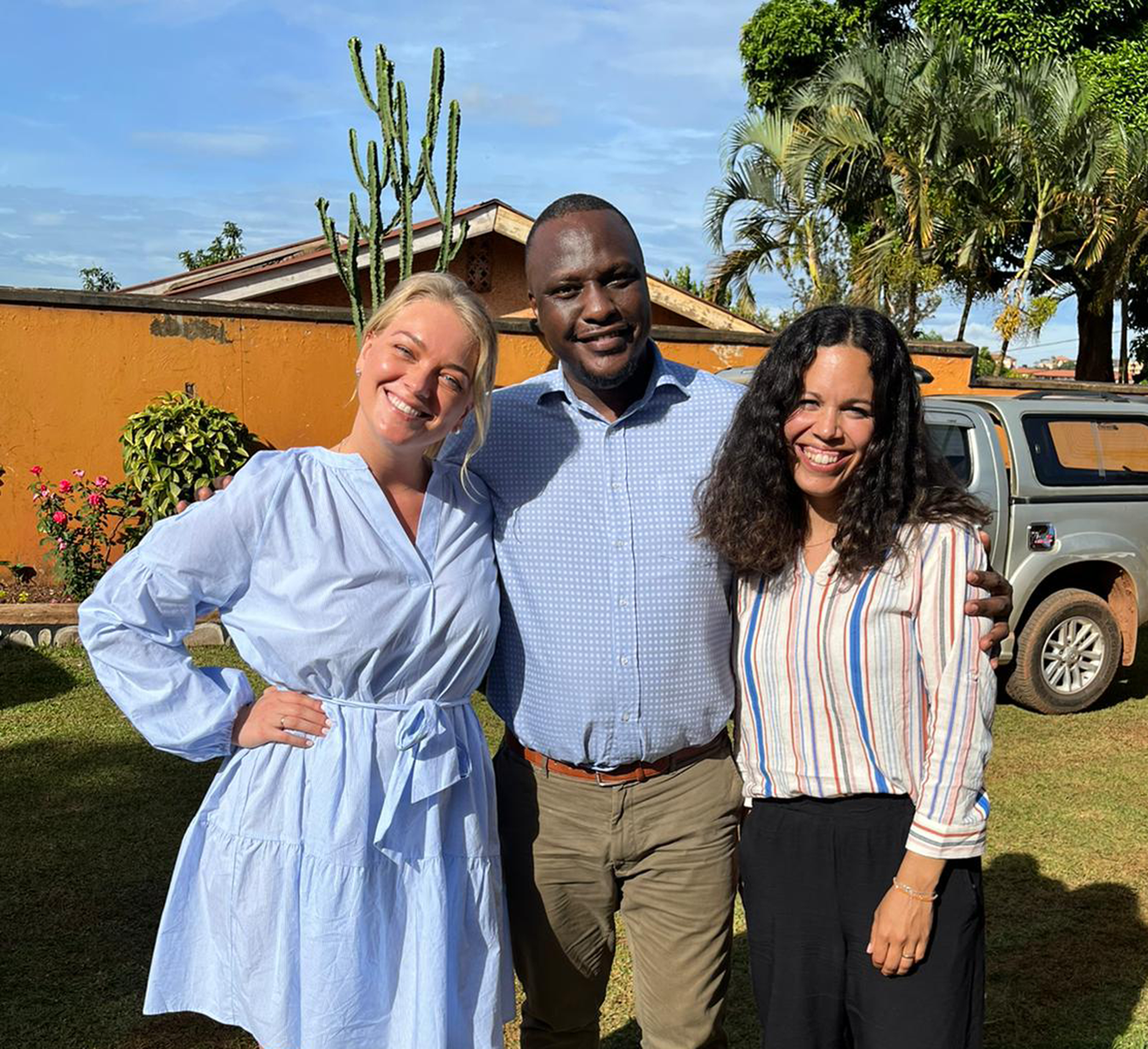Youth and Mental Health in Uganda
The project has been granted funding through the Atlas Alliance and is subject to Norad's framework agreement, which means that this is a five-year project that extends from 2020-2024. Implementing partner in the project is Mental Health Uganda, Africa's largest membership organization with over 25,000 members. The target group for the project is young people between the ages of 15 and 35.

Three main challenges
Our project in Uganda is designed to meet three main challenges:
- Poor access to mental health services and information.
- Stigmatizing attitudes in the population directed at people with mental health problems.
- Insufficient government investment in improving and expanding mental health services.
To respond to these challenges, the project will:
- Establish a free national helpline where callers can receive advice, guidance and information about their state of health and, if necessary, be referred to the nearest health service. The project will also provide training to Peers so that they are able to establish local self-help groups in the districts.
- Run 4 major national awareness campaigns on mental health.
- Conduct advocacy to promote the need for increased investment in mental health services at the local and national levels.
MENTAL HEALTH IN A DEVELOPMENT PERSPECTIVE
Mental health is one of the most neglected areas of public health worldwide:
- 1 billion people live with a mental illness
- 3 million people die every year due to harmful alcohol use
- Every 40 seconds a person dies by suicide.
Nevertheless, relatively few people in the world have access to high-quality mental health services. Worldwide, on average, only 2% of national health budgets are spent on mental health, and on the global development budget, mental health has never received more than 1%. This means that approximately 75% of people who struggle with mental, neurological and alcohol-related disorders in low- and middle-income countries never receive treatment.
Furthermore, stigma, discrimination, criminal law and human rights violations are still widespread. In Uganda, it is not uncommon for mental health problems to be considered a punishment from God and the treatment methods often involve prayer, violence, isolation and exclusion from both family and society at large.
Related articles:


